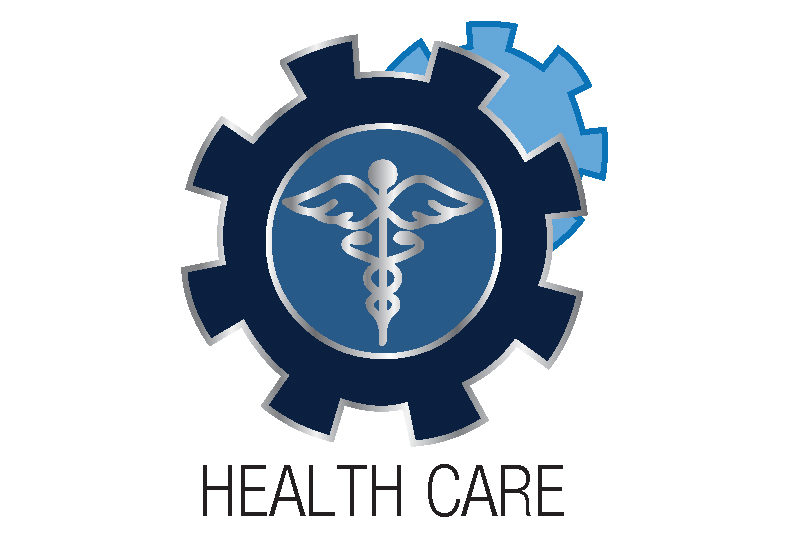
Home » Health care clinic build out to continue into 2020
Health care clinic build out to continue into 2020
Spokane-area providers add greater presences in neighborhoods here

December 19, 2019

The growing trend of medical clinics entering neighborhoods will continue here in 2020.
Big hospitals are still prominent places in the community, but increasingly, medical offices now are in residential neighborhoods, occupying space in mixed-use buildings alongside business offices and coffee shops.
They include clinics associated with big health networks Providence St. Joseph Health and MultiCare Health System.
Since 2016, Providence St. Joseph Health, the Inland Northwest’s largest provider network, has opened at least a half-dozen Express Care retail clinics where patients can check blood pressure and have other minor tests performed.
At least two more Express Care clinics will open early next year in Spokane.
“Our goal is to provide the right level of care for patients in the most convenient and appropriate setting,” says Peg Currie, chief executive for Providence Sacred Heart Medical Center and Providence Holy Family Hospital.
Adds Currie, “From virtual visits, express care, urgent care, primary physicians all the way to the emergency department, we’re bringing health care to patients when and how they want it.”
Next year, Providence will continue to focus on cardiac care through the Providence Spokane Heart Institute, which hosts new diagnostic testing and surgical techniques, robotic-assisted surgeries, and heart transplants.
Dr. David O’Brien, senior vice president and CEO for MultiCare’s Inland Northwest Region, says MultiCare will also continue to grow its Indigo Urgent Care clinics and expand on its DispatchHealth Services.
“At the clinical level, MultiCare Rockwood Clinic has increased our number of primary-care providers to enhance patient access in the year ahead,” O’Brien says.
At the hospital level, O’Brien says MultiCare Deaconess and MultiCare Valley hospitals will continue to build on their quality of care.
MultiCare will continue to expand its Pulse Heart Institute Services at Deaconess. The hospital is the first in Washington state to earn national designation as a comprehensive stroke center, O’Brien says.
The national accreditation represents the most advanced stroke treatment available in a given geographic region, according to the DNV GL website.
O’Brien says the MultiCare Valley hospital is the first hospital in the state to earn advance certification for its hip and knee replacement program from the Joint Commission, a nonprofit U.S. health care accrediting organization.
In North Idaho, Kootenai Health CEO Jon Ness says the Coeur d’Alene-based health network has exceeded its growth and budget targets each year since 2012 and expects to do so again in 2020. He says Kootenai Health – now with 3,600 employees – has become a major referral center.
“Today, one-third of our patients are from outside of Kootenai County,” Ness says. “At Kootenai Clinic alone, we see more than 3,800 new patients each month.”
He says Kootenai Health expects to finalize the acquisition of Clearwater Valley Hospital, in Orofino, Idaho, and St. Mary’s Hospital in Cotttonwood, Idaho, next year. This past summer, the three organizations entered into a letter of transfer ownership of the two critical access hospitals from Essentia Health to Kootenai Health.
“The partnership is intended to strengthen health care in North-Central Idaho and help ensure ongoing, quality health care in these communities,” he says.
In the past five years, Ness says Kootenai Health has invested more than $130 million in new facilities and technology extending beyond normal capital expenditures.
Latest News Health Care
Related Articles
Related Products



